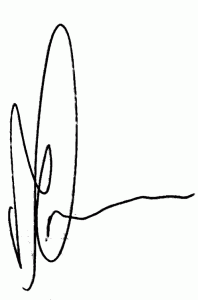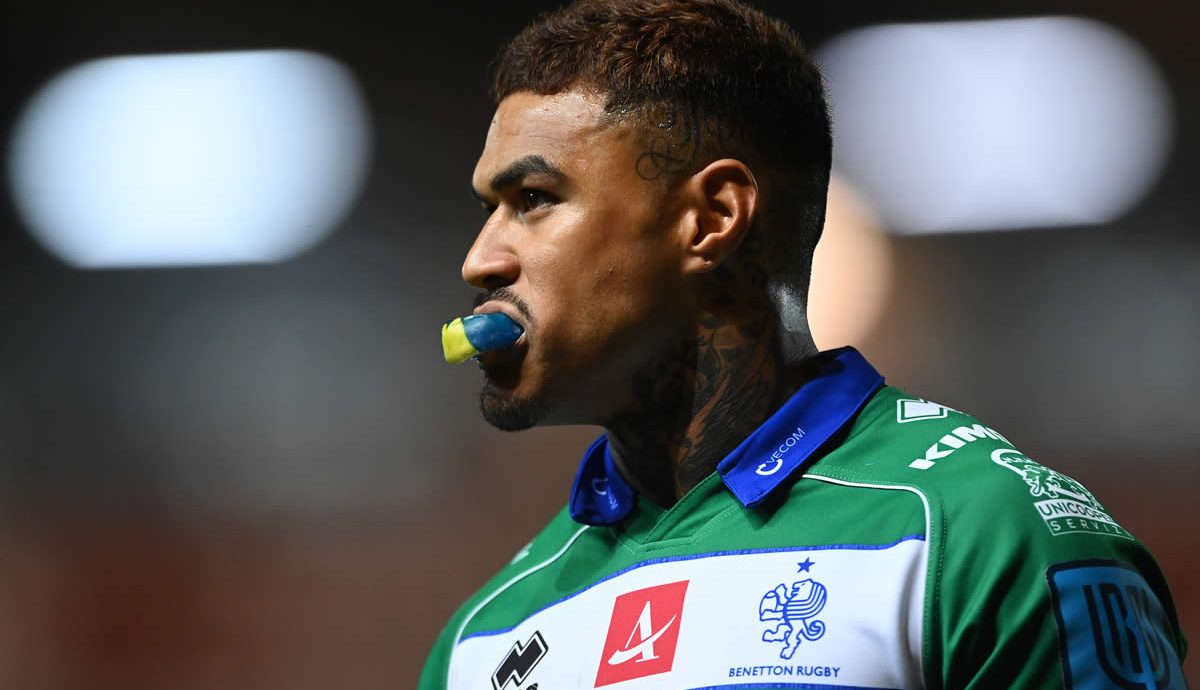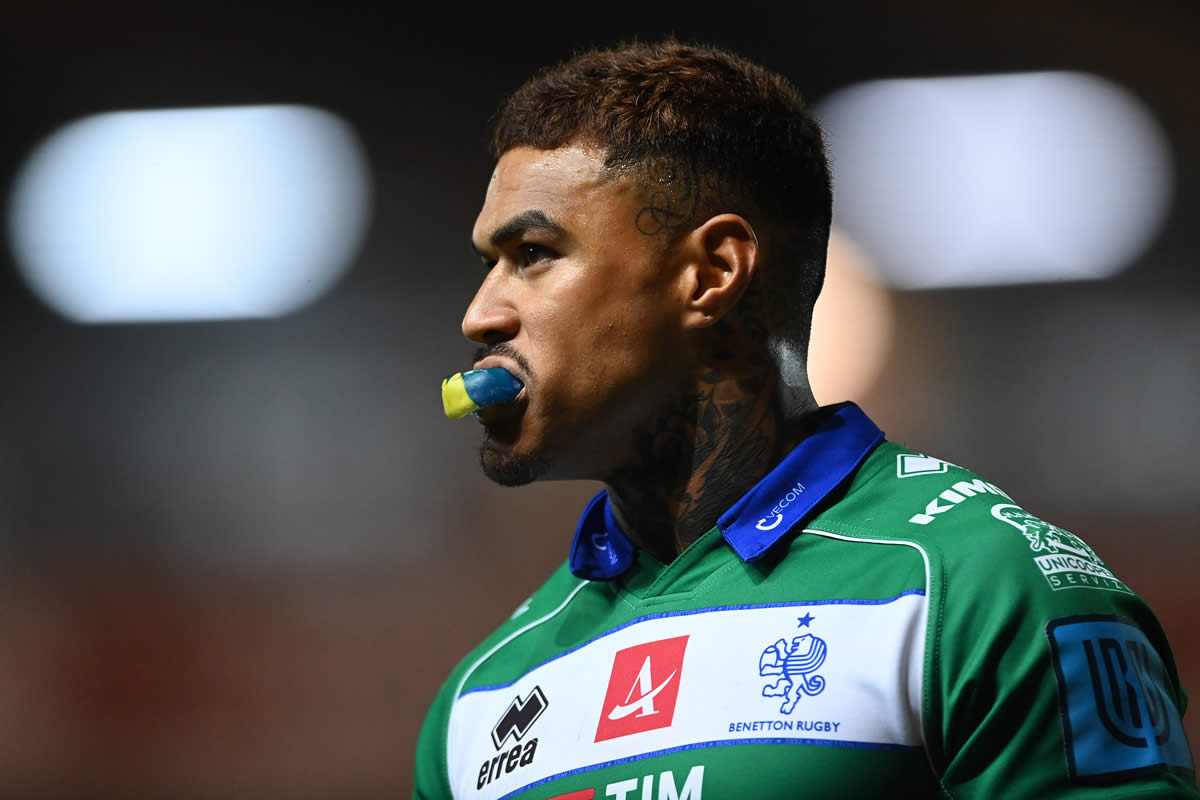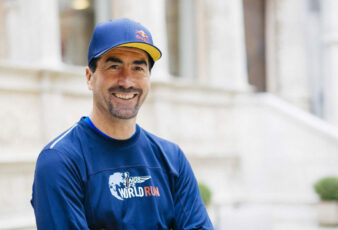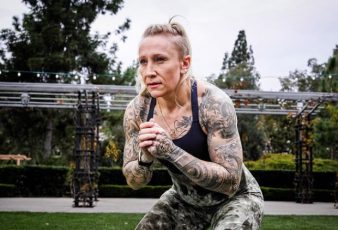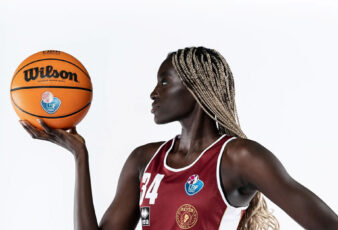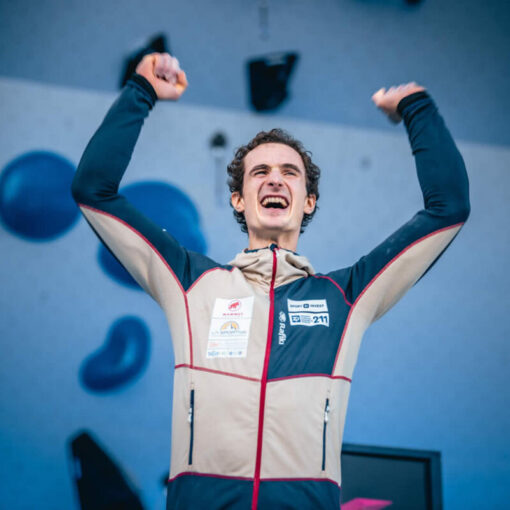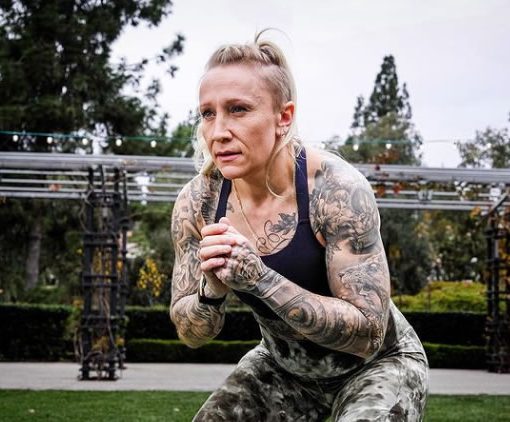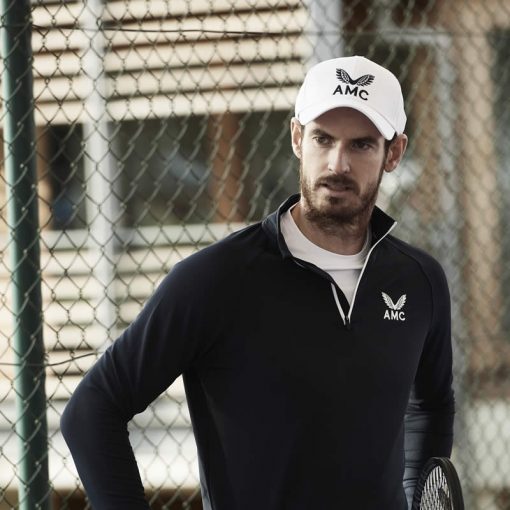One step forward.
One step back.
Jerk to the side, feint, speed change.
The idea starts from afar but then slams straight into someone else's. Like when I was a kid, and they took me to play rugby for the first time.
In my family, the game is more than just a game: it is part of the culture. A genuine piece of who we are, of the stories handed down from parents to children, and from grandparents to grandchildren: it is the lens through which we look at the world.
The name itself, Ioane, is quite well known in the world. Bearing it around with you means growing your shoulders wide as soon as possible, to avoid being crushed under its weight.
My dad, back in the day, was considered an important prospect, one that is worth following closely, because he will most definitely do something great.
But he didn't.
Not on the pitch at least. Because discipline wasn't exactly his forte, and when he got out of the big leagues, he decided to put what he knew at the service of others.
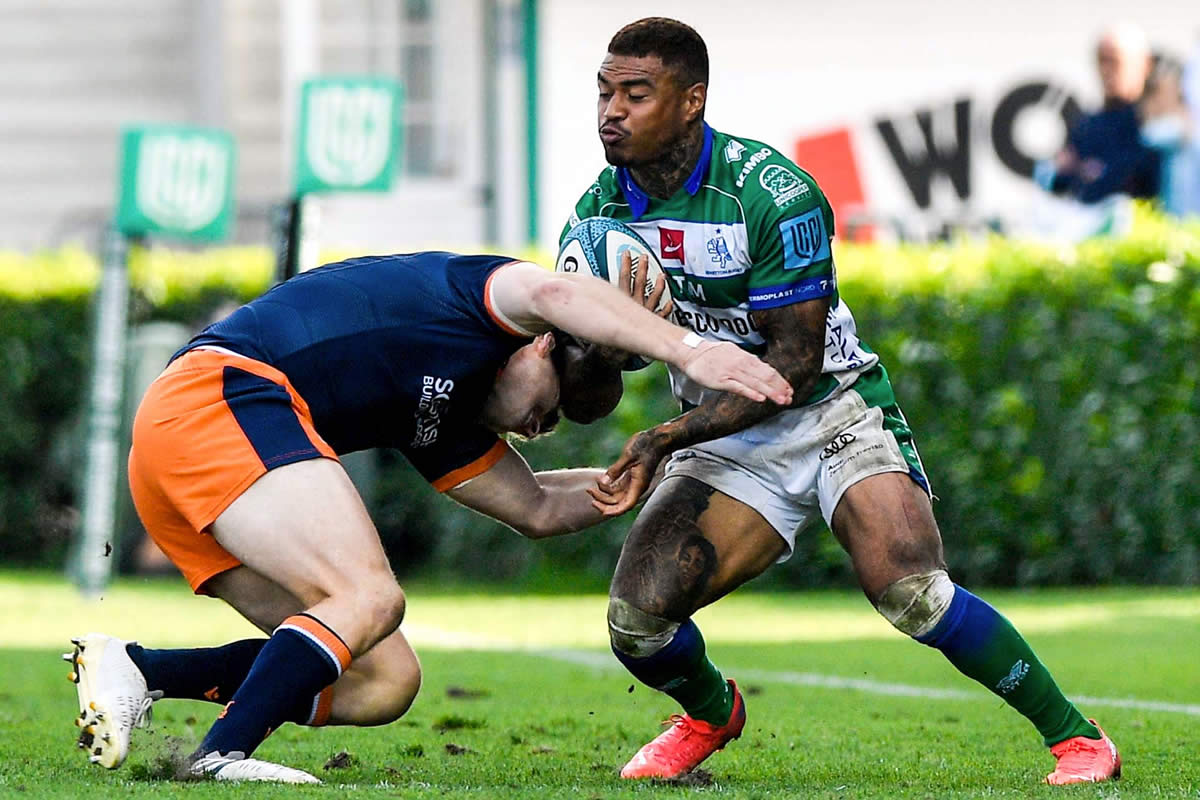
Hands on the ball.
The posture of the body.
The angles to choose to attack the line.
The first outstanding student was my uncle, Digby, who took from him everything there was and became everything he could become.
Strong, fast, intelligent - he has reached higher than any of us.
Nine years later it would have been my turn. And while I was growing up, Dad was trying to pass on to me the exact same things that had made my uncle great.
Hence, at the age of five, I went to the pitch, ready to continue my family's tradition, armed with all the best intentions.
As a child, however, I was not as athletic as the others. I did not have the same instincts for the game, as if the Ioane talent had skipped a generation, and the mediocre one was me.
A couple of weeks later, the time has come for the first official match, which is a great test, because on the other side of the pitch there are no longer your teammates and friends, but unknown people, ready to find out — and make you find out — what it means to compete. I remember trying to attempt a tackle and being blown away by my opponent. I felt so embarrassed that I decided not to go back to the pitch and give up on the family business, to save everyone the disappointment of a scorching failure. To my father in the first place.
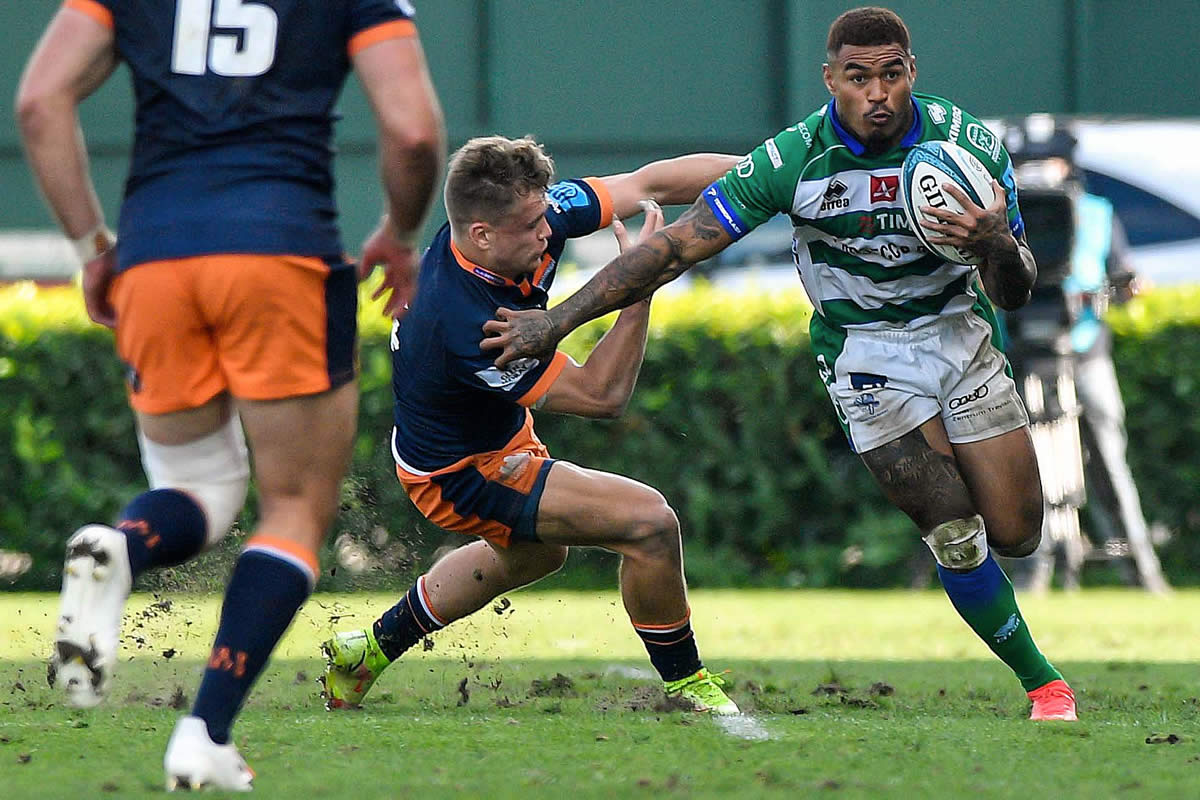
Tight shoelaces.
Mouthguard firmly in the mouth.
The first blow you take is only the first.
Nothing else.
Year after year, my uncle's shoes got bigger and bigger. And as their size grew, so did the pressure I felt on having to do something meaningful. So, I went back to playing, coming to terms with my rebellious spirit and with the desire I had not to look like anyone but myself.
It hasn't been an easy journey.
Living in the shadows is weird, because the sun never really touches you. But you get burned anyway, faster than the others. You are never judged for what you are, or for what you do. You are only compared to the great stories of the past, that over time become more and more fantastic and less and less realistic.
"He isn't good enough."
"He shouldn't be here."
No one has ever missed a chance to deliver an unsolicited opinion, though never letting me know where "I wasn't good enough" and why "I shouldn't be there."
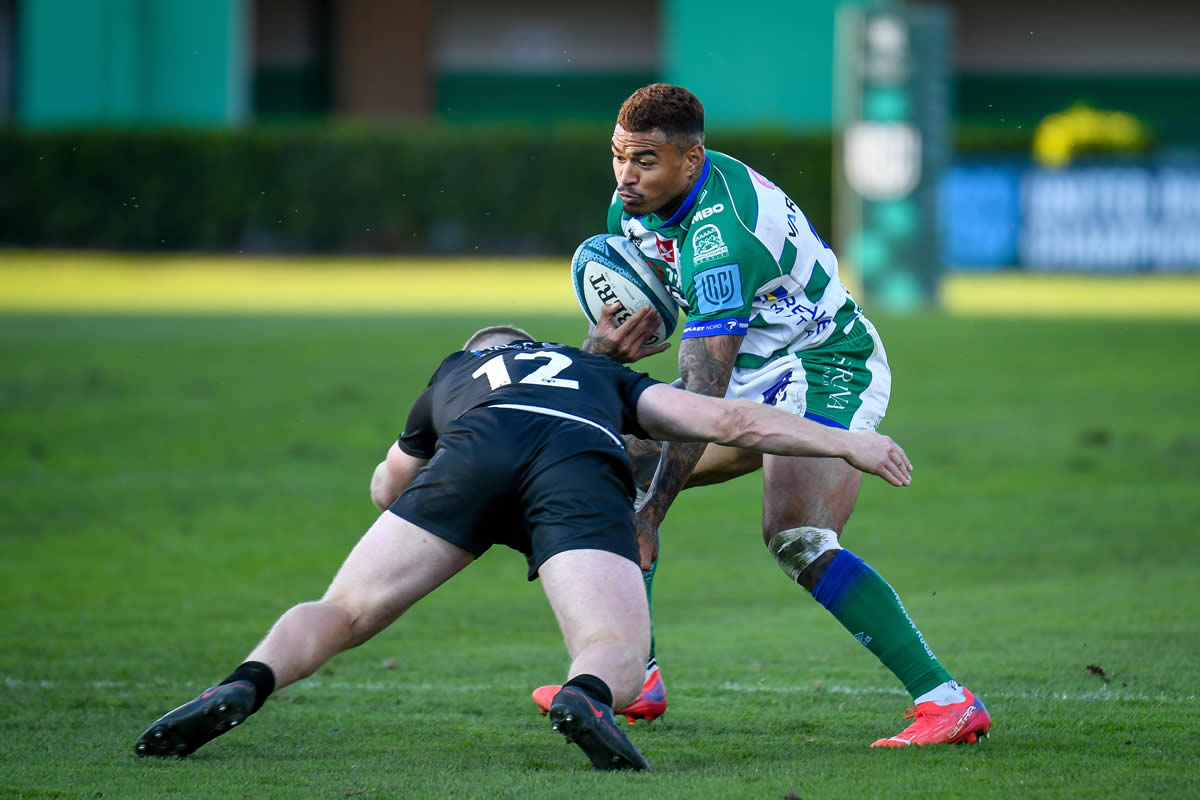
The try at the very center of the crossbar is easy to convert.
But the ball has to be brought back to the center of the pitch anyway.
Because every kick-off is ever new.
When I was about 16 years old, I moved from Melbourne — where there wasn't a professional team — to Brisbane, to try and build a career, partly by choice, and partly by a sense of duty. I thought I always had to impress everyone to live up to the past. And in this process, there was no space to understand who I was and what I liked to do.
When I left school, I moved to France, to the Stade Français, with a two-year contract, to be part of a roster where I would find my uncle, who was one of the numerous stars of a very strong team.
Those have been challenging seasons, in which I struggled to understand the transition to the European game, and where I soon reached a breaking point. I was away from home and my partner. I was about to become a father, and I had no idea what I could have done other than rugby to provide for my family.
I never had a plan B.
And I had never really invested in Plan A.
At least not emotionally.
Mine was just a hollow effort.
Then, after living together for years, my uncle and I separated: he stayed in France, and I went to New Zealand, for what was perhaps my last call.
When I finally found myself alone, everything changed color. And I began to understand what I liked about rugby and life.
I took a different path, in which I can be who I want to be, and in which I understand that all the values my family has taught me can be used to achieve my personal happiness, too.
Since then, it has been a different route - which continues today in Italy, where I feel involved and fulfilled.

One step forward.
One step back.
Jerk to the side, feint, speed change.
Sometimes doing the right thing is not enough to score a try.
If I could or had to, start all over again, I don't think I would change a single thing. And while that's the cliché of all clichés, I couldn't be more honest than that.
Being happy is a delicate matter, and if anything even just slightly shifts, that's enough to jeopardize everything you have built. Today I put everything into perspective and feel I have the right equilibrium to face what happens every day.
Even when hard to talk about things that happen.
Last year I had some serious mental health problems, and for a few months, I struggled to find reasons to go on.
It is an odd pain that anyone can suffer, whatever their age, profession, faith, or family. It is everyone's pain. Bar none.
Like a funnel, it takes every thought, every existing possibility, every sensation experienced and compresses them into a single point, where everything is tight, and where everything becomes dark.
The black hole of ideas and willpower: the mind shatters, you are overwhelmed by the responsibility you feel to put the pieces of the mosaic back together, and you end up living by inertia, not by desire.
At all times, when facing any choice, the worst-case scenario is the only scenario that can you can picture in your mind.
I could not enjoy rugby anymore.
I could no longer be happy when I spent time with my daughters or my partner.
I could not produce even a single positive thought.
I could not talk about it with the people who love me and whom I love.
Here, I would not change even those months. Because the moment I decided that I was tired of suffering and that I wanted to go back to being the man I was before, I learned to accept myself and to understand that even when things do not go in the direction I would like, I have the power to move on.
I have the power to look ahead, to be happy, and to share what I feel.
I'm Monty Ioane, and I play rugby.
I will never reach my uncle's milestones, but it doesn't matter.
I am a son and I am a father. And even though I am not always happy, I know I have all the strength, faith, and love you need to live.
Monty Ioane / Contributor
